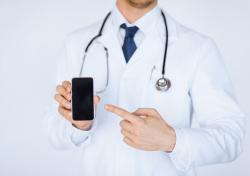
Fast forward to today’s front-page New York Times article (New Generation of Apps Knows What You Want, Before You Do). It describes an app that resets your alarm clock to account for heavier than usual traffic on the way to a meeting that you never told the app about, and a phone call blocking app that makes exceptions for unusual patterns, like a sick child calling from home.
What’s changed from six years ago? Quite a bit:
- Google and other search engines have continued tracking all your searches and other activities and gotten more sophisticated about the analytics
- GPS has become ubiquitous on phones, adding location tags to all the data
- Smartphone apps are generating all sorts of interactive data beyond search
- Social networks have become huge, revealing the interlinkages among people, and between people and products
- Developers have become more creative about how to put everything together
The technology will continue to evolve, so I’m trying to imagine how this will all play into health care. Here are a few thoughts:
- As biometric sensors are added to smartphones, we’ll have a closer link between activities and the body’s response. It might help someone figure out if they have an allergy or what’s causing a flare-up of a chronic condition. The contextual and time-series information will be useful to clinicians, assuming they can figure out how to sort out the signal from the noise.
- On the darker side, location aware smartphones with facial recognition, connections to social networks and analytics might also tell you who in the room or your office might be sick and should be shunned (while maybe also revealing their marital status and religion).
Of course all this information will be stored in the cloud, which means you won’t lose it but also can’t really purge it.
(smartphone health / shutterstock)

